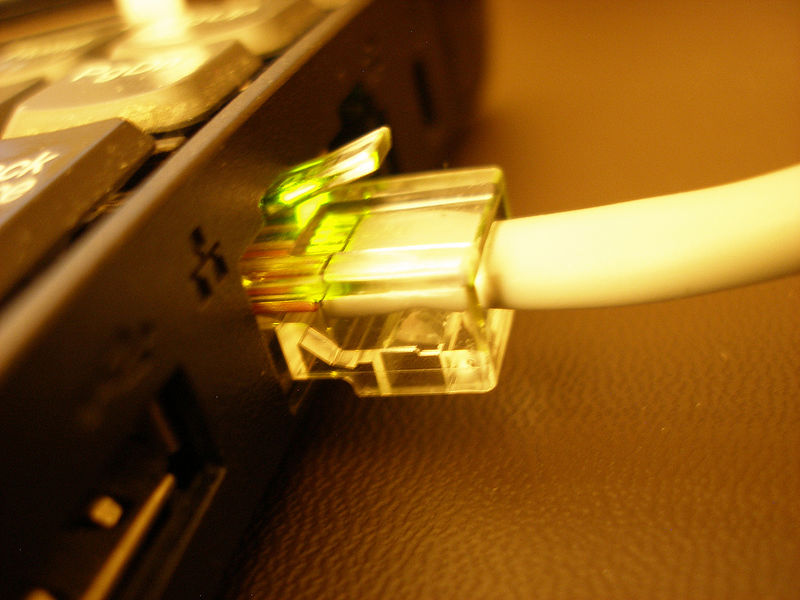Land of the Free and Open Internet
Americans very soon may need not fear prioritized access to the internet
Your Internet Service Provider may be blocking or reading your online content as we speak. However, thanks to a recent vote, that may be a thing of the past.
Federal Communications Commission (FCC) voted on Thursday, Feb. 26 in favor of new rules to keep the Internet free and protect consumers and small business owners.
The term, “net neutrality,” is about the equal treatment of Internet traffic and the right consumers have to visit a webpage of their own liking. President Barack Obama has gone on video via YouTube and on whitehouse.gov to speak for his stance on this topic for the world to see.
“This set of principles, the idea of net neutrality has unleashed the power of the Internet and given innovators the chance to thrive,” the president said in a video. “Cable companies can’t decide which online stores you can shop at or which streaming services you can use and they can’t let any company pay for priority over its competitors.”
The idea behind net neutrality is to keep well-established corporations from restricting the content their customers view. They may do this either by blocking a website or slowing a consumer’s service simply because they have not subscribed to “fast-lane services” which offer prioritization to users who pay more.
A statement of the president’s plan is available for viewing on whitehouse.gov. It outlines bullet points included in the plan for net neutrality such as no blocking, no throttling and no paid prioritization.
“When I was a candidate for this office, I made clear my commitment to a free and open Internet and my commitment remains as strong as ever,” wrote president Obama in his proposed statement.
“No blocking” states that if a consumer wants access to a website and the content of said site is legal, then an ISP does not have the right to block it.
Rules against such restrictive measures will be implemented by the FCC according to a statement released by Chairman Tom Wheeler, “These enforceable, bright-line rules assure the rights of Internet users to go where they want, when they want, and the rights of innovators to introduce new products without asking anyone’s permission.”
ISPs have been accused of slowing down consumers’ service in preference of other services their consumers do not use — a process referred to as “throttling”. This is a method used by companies to push consumers in a direction towards content favored by the company rather than what the consumer wants to actually view. One infamous example is Verizon’s throttling of users attempting to access Netflix streaming services in the summer of 2014.
President Obama touched on paid prioritization during his video speech, where companies will be restricted from purchasing a ranked position over a potential competitor doing business with the same ISP.
Americans may be able look forward to a future where the entrepreneurial spirit lives throughout the World Wide Web.
Your donation will support the student journalists of Northeastern Illinois University's The Independent, either in writers' payment, additional supplies and other items of note. Your contribution will allow us to purchase additional equipment for writers/photographers/illustrators and cover our annual website hosting costs.
Rut Ortiz







